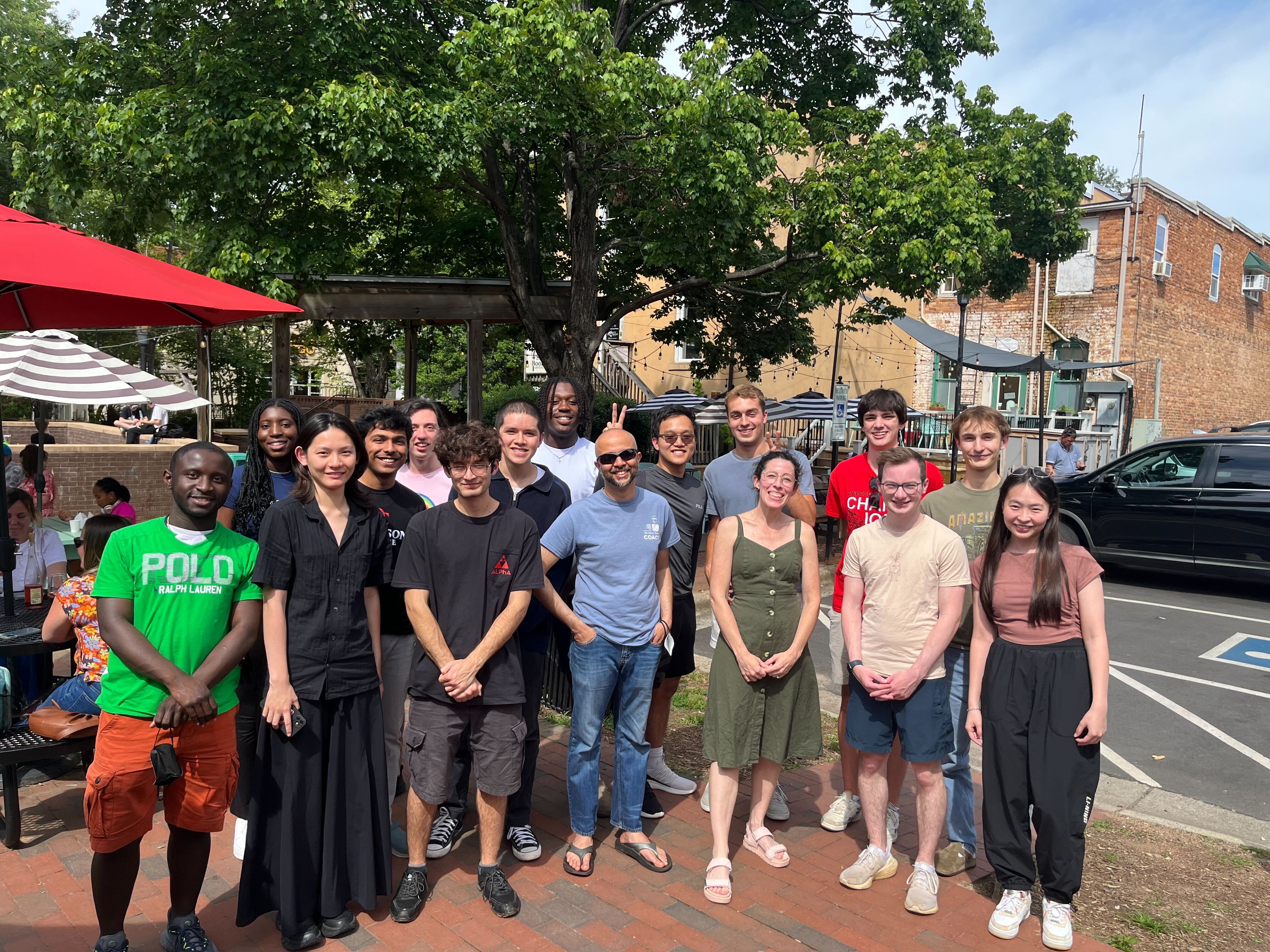Michelle Kuchera
Keiser Family Associate Professor of Physics
Education
- Ph.D., M.S., B.S. Florida State University
Areas of Expertise
- Machine learning
- Nuclear physics
- Particle physics
Background
I am a computational physicist with research interests in deep learning, nuclear physics, particle physics, and algorithm development for data analysis. The focus of my research is applying these methods to accelerator-based nuclear and particle physics experiments.
Since first working at the John D. Fox Laboratory as an undergraduate in 2004, I have been deeply interested in the foundations of matter and the computational methods that can assist us in our quest for understanding fundamental physics. This interest led me to pursue a PhD in Computational Science where I had the opportunity to focus on the interdisciplinary intersection of machine learning and particle physics. In addition to my research, I am passionate about sharing my deep learning expertise with scientists ranging from my Davidson College undergraduates to international scientists. I believe that collaboration is the cornerstone of scientific progress and discovery, and I love learning from and sharing with scientists at all levels.
Research
I am co-PI of the Algorithms for Learning in Physics Applications (ALPhA) research group at Davidson College. Our group collaborates with experimental and theoretical physicists at the Facility for Rare Isotope Beams, the Thomas Jefferson National Accelerator Facility, and CERN.
Each facility brings unique computational challenges that our group addresses with Artificial Intelligence methods.
One such example is the Active Target - Time Projection Chamber (AT-TPC) detector, which is housed at the Facility for Rare Isotope Beams in East Lansing, Mich. This device is used to study and "image" nuclear reactions in three dimensions. Two weeks of AT-TPC data is approximately the size of the entire Library of Congress print collection! Every experiment, which is typically on the order of two weeks, studies a different reaction, requiring flexible algorithms to adapt to each analysis.
In ALPhA, we are dedicated to providing students with the opportunity to make impactful contributions to national research efforts in AI for nuclear and particle physics.

